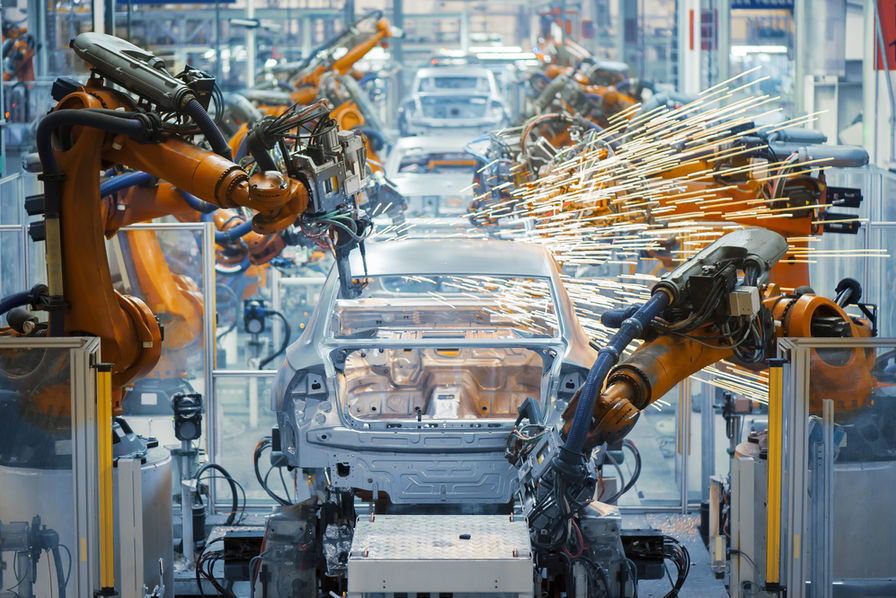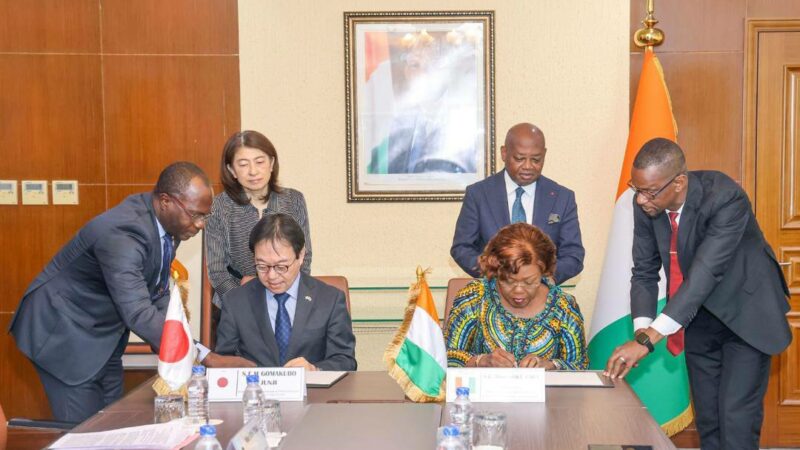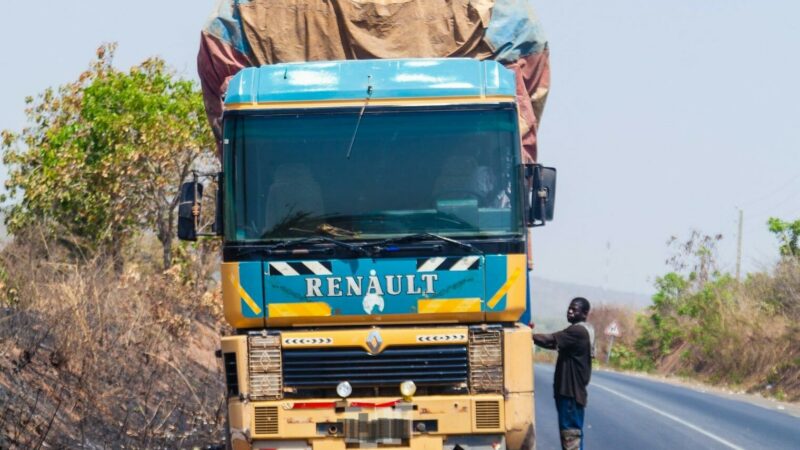“Dakar’s Ambition to Develop a Fully Integrated Automotive Sector”

Senegal is determined to turn the transport sector into a powerful driver of structural transformation, while addressing the critical challenges of energy transition, industrial sovereignty, and economic competitiveness.
How could these developments position Senegal as a regional leader in vehicle manufacturing and distribution?
A New Era for Senegal’s Automotive Sector
As part of its ambitious “Senegal Vision 2050” program, the country is entering a decisive phase of transport modernization and industrial development. During the Hangzhou Economic Forum, Prime Minister Ousmane Sonko oversaw the signing of key agreements between Senegalese entities such as the Land Transport Development Fund (Fdtt) and the Urban Transport Financing Association (Aftu), and several Chinese partners, including China Africa Investment and Development (Caid).
These agreements pave the way for the creation of an industrial unit dedicated to assembling and manufacturing gas and electric buses. This collaboration with manufacturer Yutong and Zhenhuai Construction Group represents a concrete step toward renewing over 40,000 vehicles, creating a more modern and less polluting fleet.
Building a Complete Automotive Value Chain
The objective of this initiative goes far beyond the simple modernization of public transport. The goal is to catalyze the construction of a complete automotive value chain in Senegal. This project will strengthen a nascent ecosystem, complementing existing players such as the vehicle assembly plant in Touba, whose launch was announced earlier this year by the Minister of Industry.
This strategic approach aims to consolidate every link in the chain, from assembly to logistics, including the development of essential infrastructure such as bus terminals, rest areas, and charging stations. This will lay the foundation for a strong local automotive industry, capable of creating jobs, promoting skills transfer, and generating significant added value for Senegal’s economy.
Integration and Efficiency of Urban Mobility
The first phase of this plan foresees the replacement of 6,000 urban and interurban vehicles over the next five years. This operation will be seamlessly integrated into Dakar’s flagship urban transport projects, such as the Regional Express Train (TER), the Bus Rapid Transit (BRT), and the cable car system. The aim is to ensure better integration and greater efficiency in urban mobility.
Senegal’s Determination
Senegal is determined to turn the transport sector into a powerful driver of structural transformation, while addressing the critical challenges of energy transition, industrial sovereignty, and economic competitiveness.
How could these developments position Senegal as a regional leader in vehicle manufacturing and distribution?





